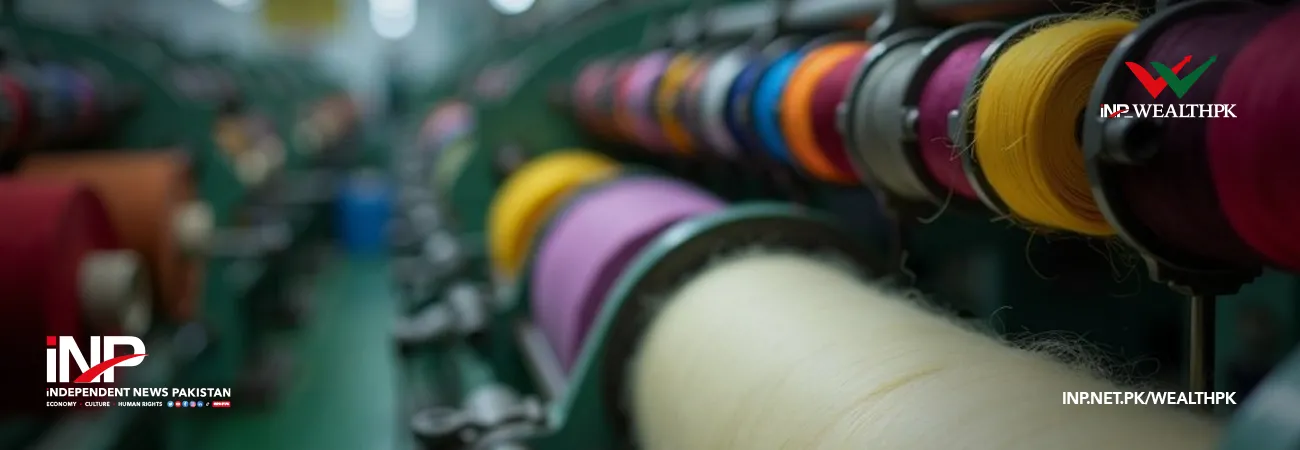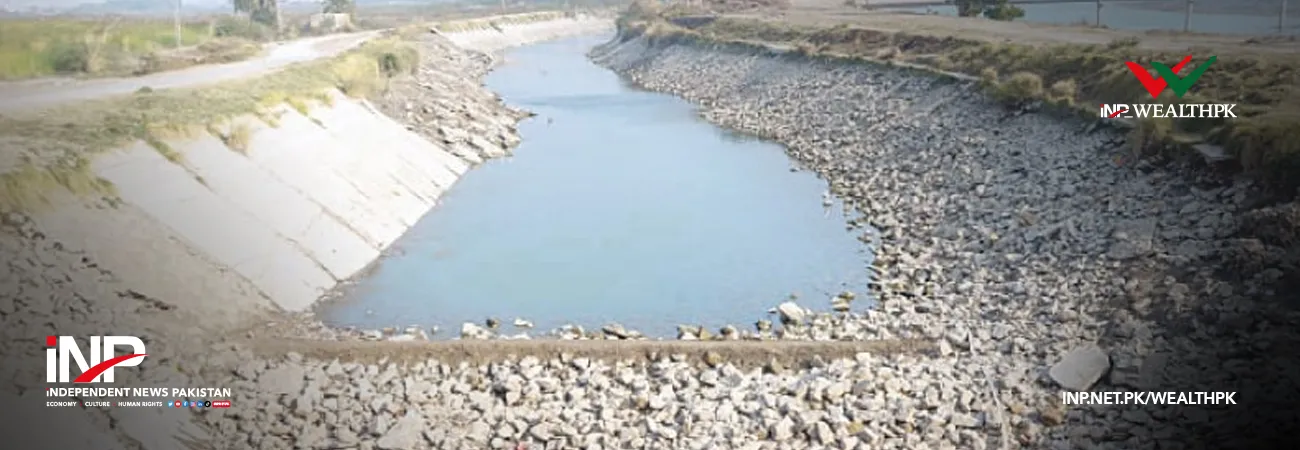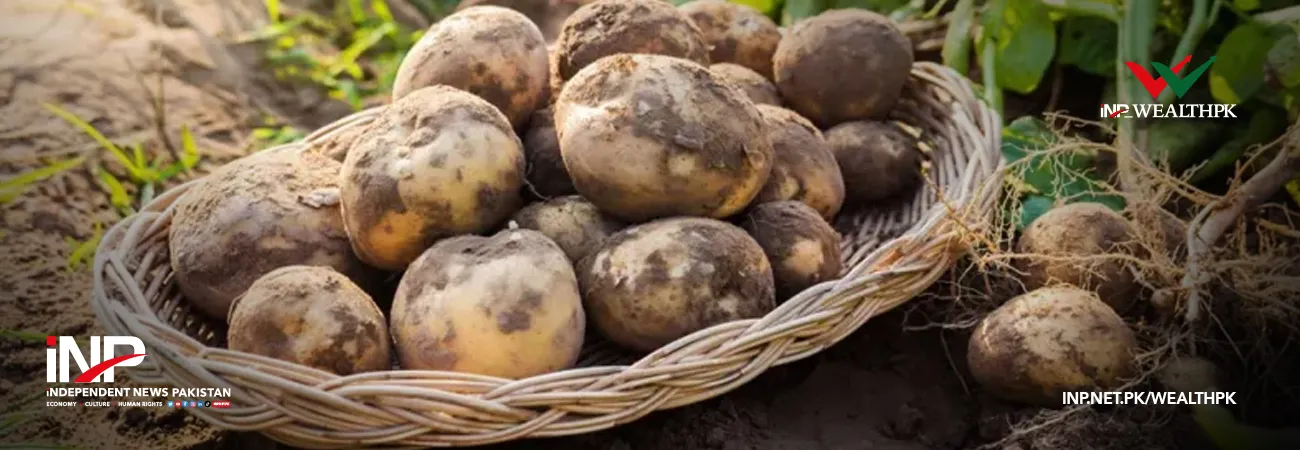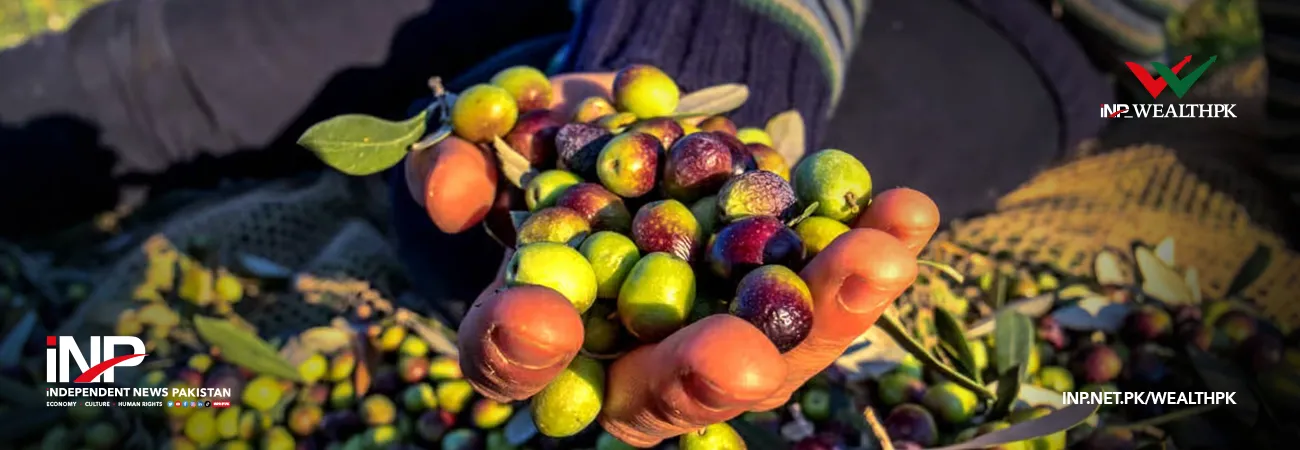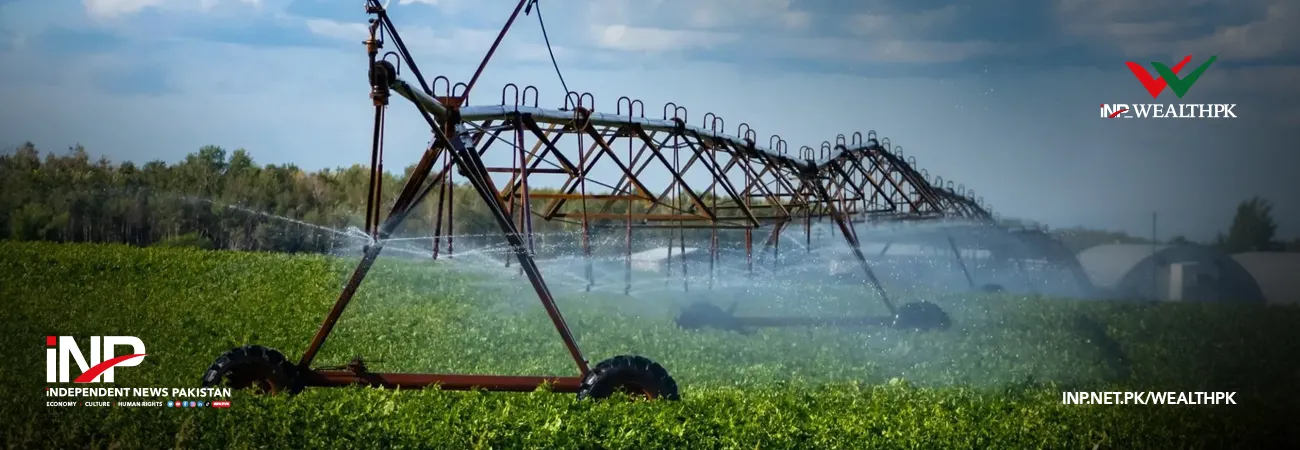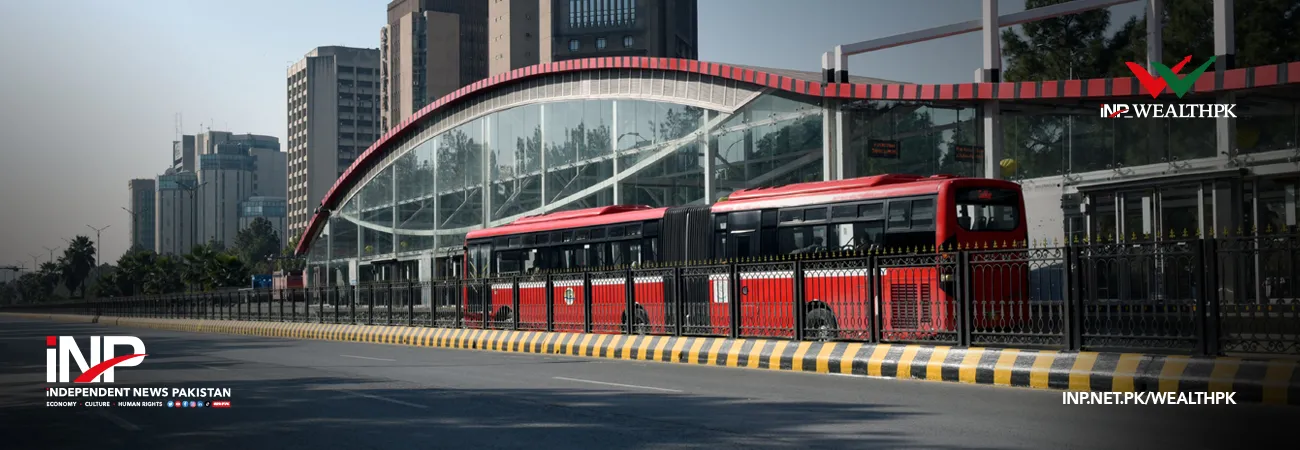INP-WealthPk
Ayesha Saba
Experts stress that without a coherent industrial policy and strategic investment in clusters and supply chains, Pakistan cannot achieve sustainable manufacturing diversification.
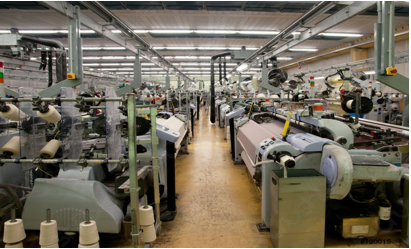
Addressing these structural challenges is essential to boost productivity, attract investment, and enhance global competitiveness. During an interview with WealthPK, Dr Mehwish Akram, a trade policy analyst at All Pakistan Business Forum, said Pakistan’s manufacturing sector remains heavily concentrated in a few traditional industries, limiting its ability to achieve sustainable economic growth and resilience against external shocks. She underscored the need for a paradigm shift in industrial strategy.
“By clustering industries, Pakistan could leverage economies of scale, optimise resource utilisation, and improve global market competitiveness.” However, she cautioned that the country must carefully evaluate strengths in different sectors and tailor its approach to align with domestic economic realities. “Identifying and prioritising sectors where Pakistan holds a competitive advantage is crucial, and fostering specialised clusters around these industries can unlock significant economic potential.”
Mehwish also highlighted the importance of effectively implementing policies and governance to ensure the success of industrial clusters. “Transparent regulatory frameworks, streamlined processes, and robust accountability mechanisms are critical to fostering an investment-friendly environment.” Without these foundational elements, the benefits of industrial clustering may remain unrealised, limiting Pakistan’s capacity to attract foreign investment and sustain economic expansion, she added.
Mehwish also pointed to weak supply chain linkages as a major hurdle in achieving manufacturing diversification. “Inefficiencies in logistics, bureaucratic red tape, and outdated transport networks significantly increase production costs for manufacturers.” She emphasised that unless Pakistan strengthens its supply chains, manufacturing diversification will remain a distant goal.
Talking to WealthPK, Dr Hassan Daud Butt, former project director of CPEC and senior adviser at Sustainable Development Policy Institute (SDPI), said successful economies have implemented targeted strategies, including fiscal incentives, research and development subsidies, and export promotion measures, to support industrial expansion.
“China’s success in developing industrial clusters, particularly in sectors such as electronics, automotive, and textiles, demonstrates the efficacy of this model,” he said, adding that by adapting China’s approach to Pakistan’s specific needs, the country could address its industrial challenges and unlock new opportunities for sustained economic growth.
To replicate this success, he proposed strengthening collaborations between industries and research institutions in Pakistan. “Enhanced research and development initiatives and a focus on technological innovation would be essential in fostering dynamic and competitive industrial clusters.”
However, Butt acknowledged that implementing such a model in Pakistan would require a coordinated effort from both the public and private sectors. He stressed that proactive policy interventions, long-term planning, and strategic investments are essential to positioning Pakistan as a competitive player in the global industrial landscape.
Credit: INP-WealthPk



